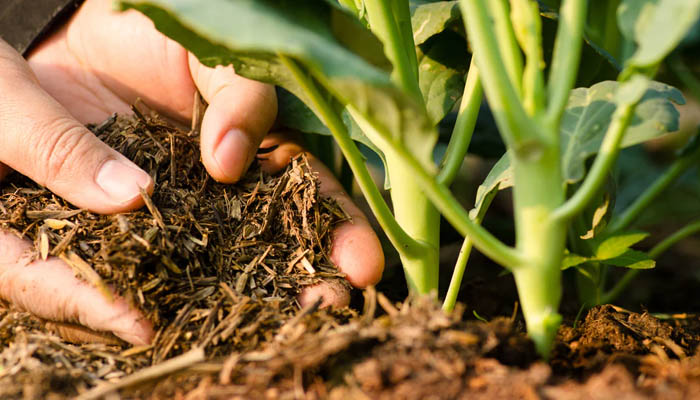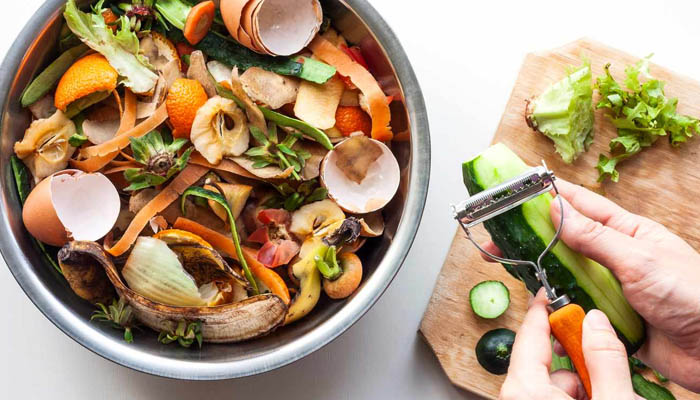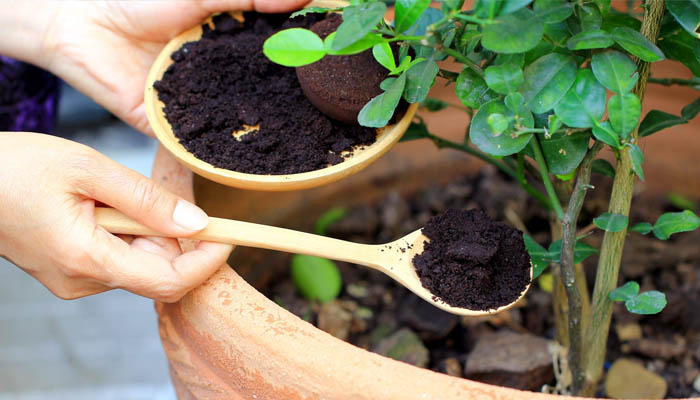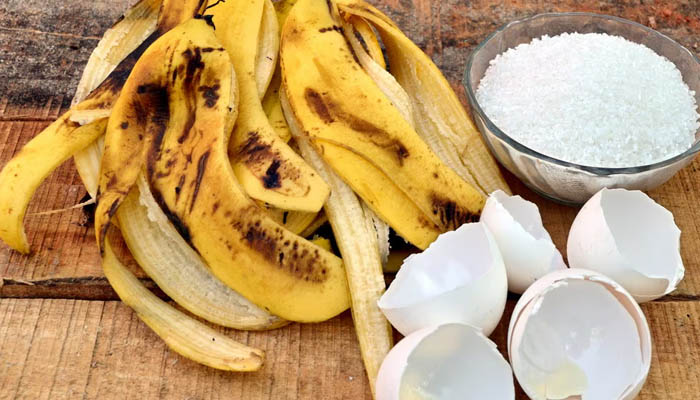
In turn, the issue of sustainable living is gradually becoming a concern for an increasing number of consumers. A nice example is the preparation of the organic fertilizer from scratch or at least attempting to do so. This minimizes wastage hence ensuring your plants are supplied with natural nutrients. Not only it is cost-effective on the environment, it is also relatively cheap in terms of capital investment. Organic fertilizer is good for your plants and in this article, you will learn why as well as finding some simple recipes to make at home.
Why Use Organic Fertilizer?

There are many benefits to using organic fertilizer. Organic matters enhance soil health, assist the plant to grow, as well assist the ecological systems. While chemical fertilizers provide the nutrients in central concentrations, organic ones provide them in a slow manner. This allows your plants to have a continuous supply of what they require at all the right stages. Also, since the organic fertilizers are not synthetic to any extent, they are safer to use for you, your pets and the environment.
- Enhances Soil Structure: It is an element that helps in the structure of the soil to enhance the growing of roots of crops and plantations.
- Boosts Nutrient Content: Such fertilizers contain nutritive elements such as nitrogen phosphor and potassium needed in plant growth and development.
- Reduces Waste: However, by employing scraps generated from kitchen and garden waste, it minimizes on the accumulation of garbage in the landfills.
- Safe for the Environment: In contrast to chemical fertilizers, the organic ones do not pollute water, thus they are not dangerous for fauna and water supply.
Easy Recipes for Homemade Organic Fertilizer

1. Compost Fertilizer
The creation of organic fertilizer is at the same time one of the most widespread strategies in composting. From it, one can break down objects such as food waste, leaves and grass cuttings.
Ingredients:
- Organic waste (raw fruit and vegetable skin, tea and coffee residues, shell and membranes of eggs).
- Yard waste: The disposal of yard wastes such as; leaves, grass clipping etc.
- Water
Instructions:
- First get a compost pile in your backyard or acquire a compost tumbler to get started with at home composting.
- Your kitchen scraps, and yard waste can also be added to the bin.
- Mix the compost from time to time so as to enhance the flow of air into the heap and increase the rate of decomposition.
- After a few months a mushy lumpy, wet and writhy material will appear converting into the black gold soil. It can be as used as a nutrient-rich fertilizer.
2. Banana Peel Fertilizer
The bananas are rich in potassium and this is good for flowering plants. Bananas are said to be rich in potassium, and if properly utilized, the peels can also be a good source of potassium in your garden since all you need to do is dig a hole, place the banana peel inside and bury it.
Ingredients:
- Banana peels
Instructions:
- Chop banana peels into to smaller sizes.
- It is recommended you place the pieces in the soil around the plants and cover them well.
- In this case, once the peels have been discarded they will disintegrate and free potassium into the ground.
3. Eggshell Fertilizer
A great source of calcium includes eggshells. Calcium is needed most of all by tomatoes and peppers; it plays an important role in photosynthesis.
Ingredients:
- Crushed eggshells
Instructions:
- Next, please wash the eggshells to get rid of any left over sediment.
- Let them dry completely.
- Ban the eggshells with a pestle and mortar to a fine consistency.
- For the aerosol treatment spread it around the base of the plants.
4. Epsom Salt Fertilizer
Epsom salt is a compound that contains magnesium and sulfur in its compound to help improve the health of the plant. People all over the world are using this easy recipe in order to make their plants grow more green and sturdy.
Ingredients:
- Epsom salt
- Water
Instructions:
- In a gallon of water dissolve 1 tablespoon of Epsom salt.
- Water your plants once a month using the solution.
Tips for Using Organic Fertilizer

Nonetheless, organic fertilizers have their advantages, but these have to be applied correctly in order to enhance their effectiveness.
- Test the Soil: If you think about fertilizer, be indexed for the type and test the soil to know what it is missing. This will assist you in being able to distinguish the kind of fertilizer that is appropriate to use.
- Don’t Overdo It: When using fertilizers ensure you do not over fertilize as this can be detrimental to your plants. In each recipe, the application of the fertilizer has to be done as they are described in the recipes with the least amount being used.
- Mix It Up: It is important to understand that different plants require different nutrients for their growth. To avoid making your plants get bored with the mixture use a different kind of fertilizers at different times.
Conclusion

There are numerous ways of going organic in gardening and this involves the use of natural substances such as compost, banas peels, egg shells and epsom salt among others. Try applying these recipes today in your garden and wait to yield wonderful results.
